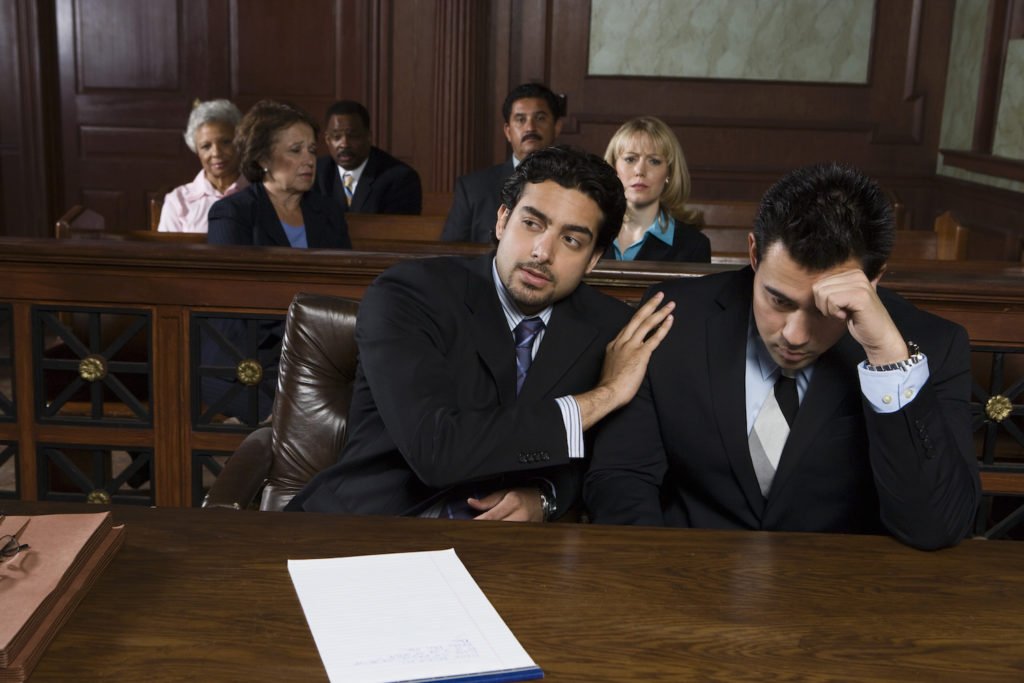Our Whittier criminal defense lawyers represent people facing felony, misdemeanor, and infraction charges throughout the Gateway Cities and Los Angeles County. Our local law office is located at:
6528 Greenleaf Ave
Whittier, CA 90601
(562) 633-8155
Some of the many surrounding areas our criminal defense lawyers serve include Artesia, Bell Gardens, Cerritos, Commerce, Compton, Downey, Huntington Park, La Mirada, Lakewood, Long Beach, Lynwood, Montebello, Norwalk, Paramount, Santa Fe Springs, Signal Hill, and South Gate.
Charges our Whittier attorneys defend
The experienced criminal and DUI attorneys of Shouse Law Group offer a full range of services. A sampling of the criminal charges we defend against include:
- Assault (PC 242) and other violent crimes
- Breaking and entering
- Domestic violence
- Drug crimes, such as possession (HS 11350)
- DUI crimes
- Gang crimes (PC 186.22)
- Grand theft auto (PC 487d1)
- Juvenile crimes
- Robbery (PC 211)
- Sex crimes
- Theft crimes, such as shoplifting
- White collar crimes
We can also help with getting felonies reduced to misdemeanors, restoring California gun rights, defending against parole- and probation violation charges, and petitioning for record expungements.
Whittier Police and Jail
People arrested by Whittier police officers get booked at the Whittier Police Department and Jail, located at:
13200 Penn St.
Whittier, CA 90602
(562) 567-9200
The Whittier Police Jail is a Type 1 Jail, which means it is a temporary holding facility. It holds arrestees for up to 96 hours. Inmates who do not make bail get transferred to a larger facility. People can get inmate information by calling (213) 473-6100 or searching at the LASD’s Inmate Information center.
Whittier Courthouse
The Los Angeles District Attorney – Whittier office prosecutes criminal cases in Whittier. Cases are heard in the Whittier Courthouse, located at:
7339 South Painter Ave.
Whittier, CA 90602
(562) 968-2699
Defendants can find their case information online at the court website here.
Criminal court process
After an arrest, criminal suspects usually get the option to bail out (and some are released on their own recognizance). Should the D.A. decide to prosecute, the court will hold an arraignment. This is the formal reading of criminal charges.
Defendants must appear at arraignments in person unless they have a private attorney appearing on their behalf. Though in some cases, defendants must appear in person despite having private counsel.
Defendants who fail to appear in court when required will have a bench warrant issued for their arrest. The judge will not recall the warrant without a court hearing. And while the warrant is active, the defendant can be arrested at any time.
It is always recommended that people facing criminal charges retain private counsel. But if defendants cannot afford it, the court will appoint a public defender. But then defendants will usually have to appear personally for all court appearances.

Failing to appear at a court hearing will result in a bench warrant being issued.
Once the arraignment is over, the defense attorney and prosecutor enter a period of negotiations in an attempt to come to a settlement. Prosecutors are usually anxious to avoid a trial, and they may agree to lessen or drop the charges – especially if the defense attorney can demonstrate to them that their evidence is insufficient to support a guilty verdict.
Felony cases usually last longer than misdemeanor ones. People charged with a felony may have a preliminary hearing (unless a grand jury indicted the defendant, which happens rarely). The reason for prelims is for the court to decide whether there is enough evidence to keep prosecuting the defendant.
If the rare event that the defense counsel and prosecutor cannot come to an acceptable plea bargain, then the case will proceed to trial. At trial, the D.A. has the burden to prove guilt beyond a reasonable doubt.
If the verdict comes back as guilty, the judge will then impose a criminal sentence. Depending on the charge and circumstances, defendants may be eligible for probation instead of jail.

Call our criminal law firm for legal advice. Our criminal and DUI lawyers offer free consultations on your legal issues.
Our Whittier criminal defense lawyers have law offices throughout the state of California, including Glendale, Beverly Hills, Pasadena, Orange County, San Francisco, Torrance, Van Nuys, West Covina, Burbank, Santa Barbara, Riverside, Bellflower, San Jose, Sacramento, San Diego, Santa Monica, and more. Our practice areas also include personal injury and family law. We offer discount rates and payment plans.

